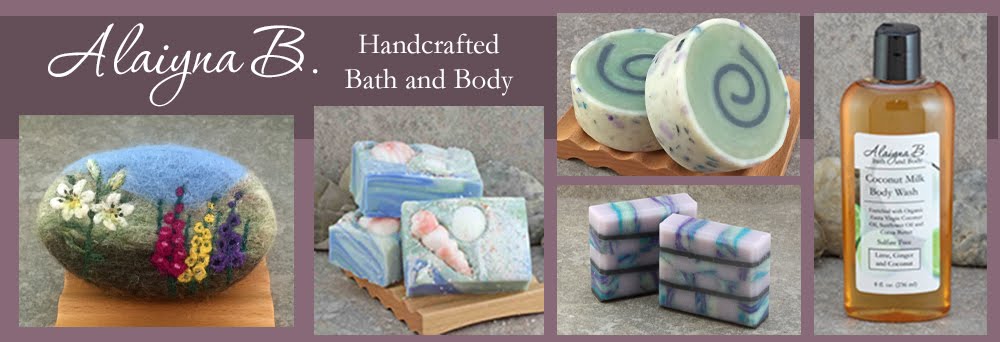After spending years making cold process bar soap, I ventured into the world of making liquid soaps and shampoos from scratch. I have been making cold process handcrafted soaps for several years now and was ready to venture into the world of liquid soapmaking. I make several versions of cold process shampoo bars, but many of my customers prefer shampoo in liquid form. Liquid soaps can also be preferable for guest bathrooms where bar soap can be a bit messy. They are also wonderful in foamer bottles.
*********************************************************************************
PLEASE NOTE: I refer to liquid soap and shampoo in the same process as they are technically the same and created the same. Liquid soap is liquid soap - a cleansing agent. You can really call it what you want (soap, shampoo, hand cleaner, body wash, shower gel) but it is still an alkaline cleansing agent. You can formulate using different oils and additives for your intended purpose but it is still a high alkaline cleanser. As far as using liquid soap as shampoo - please note that not all hair types can handle high pH cleansers. High pH cleansers will lift the hair cuticle/shaft and all those tiny pieces of hair can get very tangled and damaged in the process as you massage and manipulate the lather throughout the hair. Lower pH conditioners can be used afterward to close the hair shaft but if you have damaged your hair, it will not reverse the damage. No, you cannot lower the pH of liquid soap to be neutral or acidic and closer to the pH of your hair and scalp. Please see this post on lowering pH and getting accurate pH readings: Lowering soap pH
*********************************************************************************
There are very few books and resources available to those looking to learn the process of liquid soapmaking and it takes lots of patience, practice and note taking to make it successfully and consistently. I am not going to get into the various base oils and their properties and what they can bring to your soap recipe as there is a ton of information available regarding that. My goal here is to show and explain how I make liquid soap and shampoo and hopefully help someone else struggling with the process.
You can see tutorials on other liquid soapmaking here:
http://alaiynab.blogspot.com/2013/10/liquid-soapmaking-5050-method-with.html
http://alaiynab.blogspot.com/2013/07/glycerin-method-liquid-soap-making.html
http://alaiynab.blogspot.com/2014/04/tutorial-how-to-create-liquid-goats.html
Liquid soap is a bit more challenging than cold process soap, so if you have never made handcrafted soap of any kind (not including melt and pour), you may want to start with a simple 3-oil cold process soap first. This will give you an idea of what trace is, what the initial saponification process is what can and cannot go wrong.
So let's get started. I am not posting a specific recipe here since the point is the process. The recipe I am using for this is a shampoo so is high in hard oils (Coconut, Babassu) and low in soft oils (olive oil, castor oil, almond oil) so it will trace a bit quicker. The more soft oils in a recipe, the longer the process takes to get to trace to start the cooking. 100% soft oil formulations will take the longest to come trace and to get to the cooking stage.
